Director of Communications, University of Michigan Rogel Cancer
Fawcett leads a team of communicators who produce targeted, innovative communication for the Rogel Cancer Center’s research and clinical enterprises. Prior to Michigan Medicine, Fawcett was a reporter at the Detroit News and editor for a web-based community for people with disabilities.

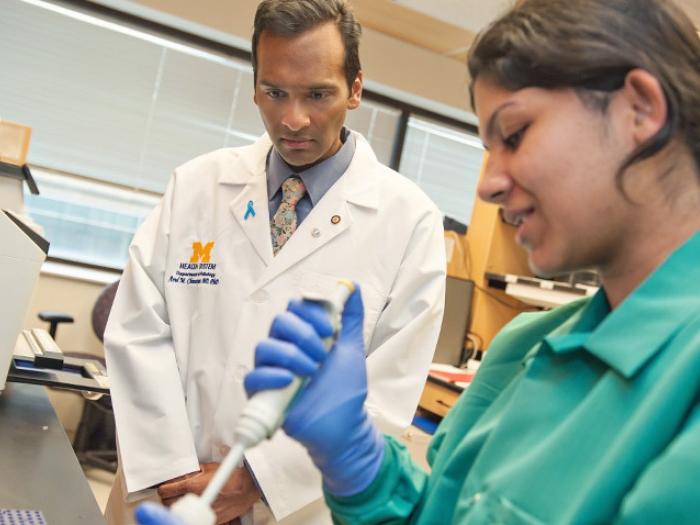
Health Lab
A protein called PIKfyve impacts multiple processes involved in metabolism and cell death; blocking it is key to making immunotherapy work in prostate cancer.
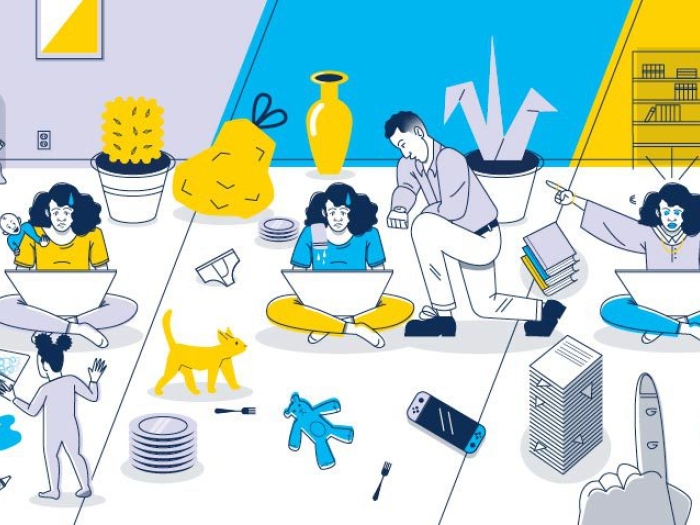
Health Lab
Women have borne a disproportionate burden during the COVID-19 pandemic, and women in medicine are no exception. Can we seize this disruptive opportunity to improve gender equity in medicine?
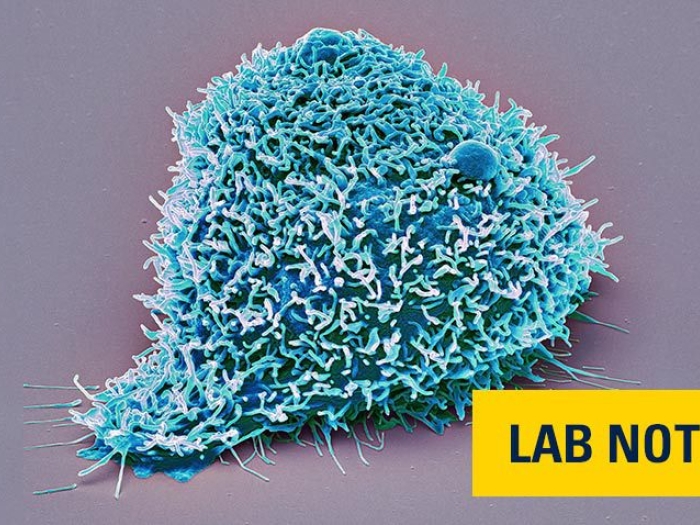
Health Lab
Findings offer clues to why some types of renal cell carcinoma respond to immunotherapy while others do not.
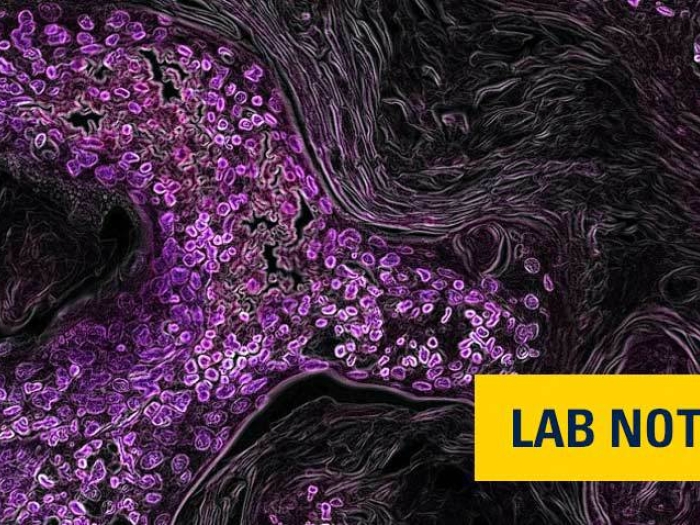
Health Lab
Stopping the interaction between KRAS and the protein AGO2 slowed tumor growth in mouse models.
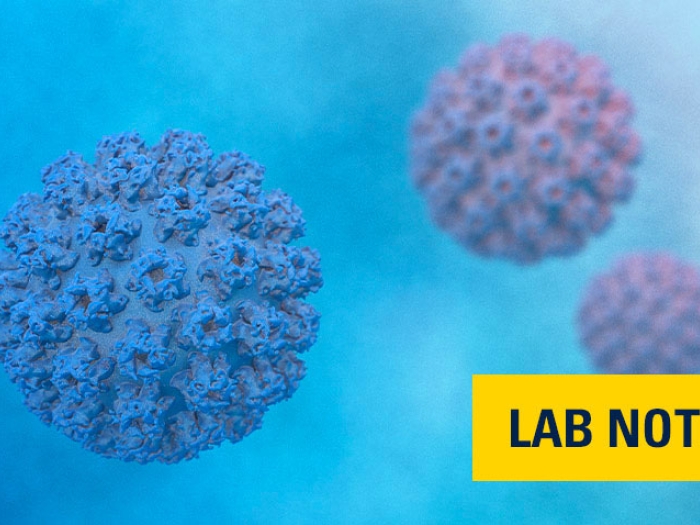
Health Lab
Vaccines and other policies could help keep in check a disease that’s becoming increasingly common worldwide.
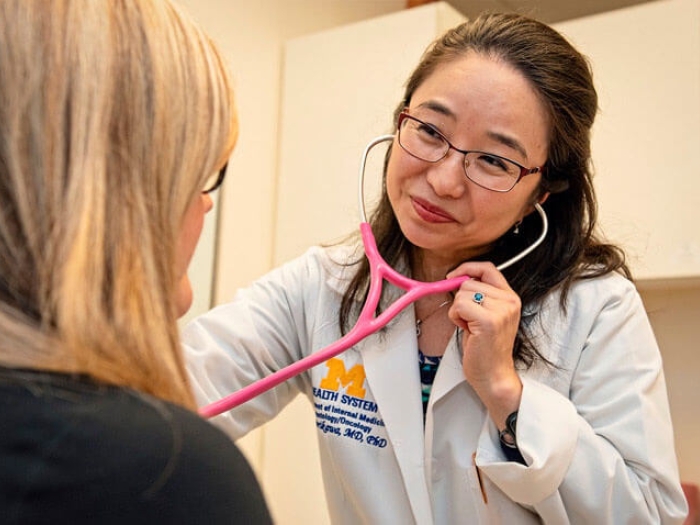
Health Lab
Why you should consider participating in a clinical trial and what to expect from the experience.
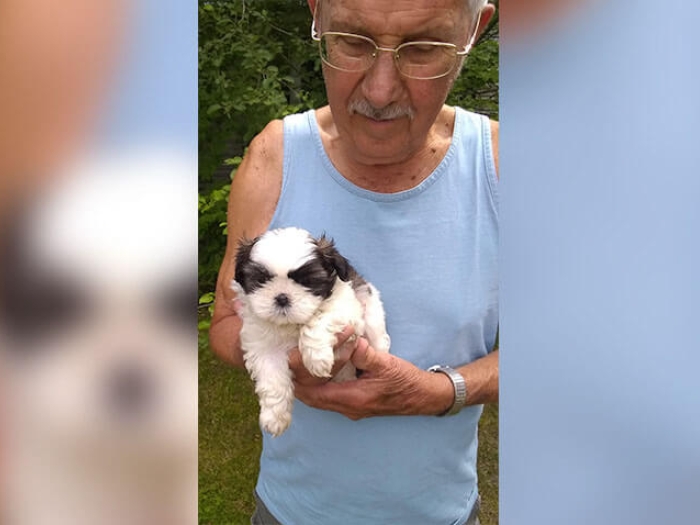
Health Lab
I’m a protector. Keeping Dad healthy, really, that’s my motivation.
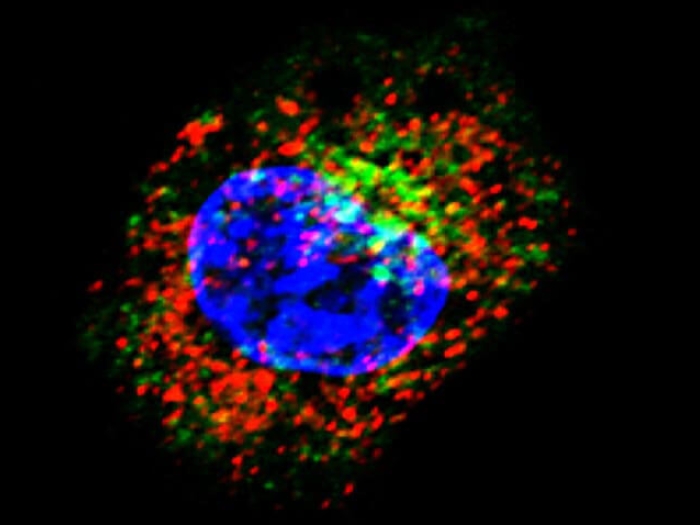
Health Lab
Targeting this inside-the-cell checkpoint could potentially improve response to cancer immunotherapy.
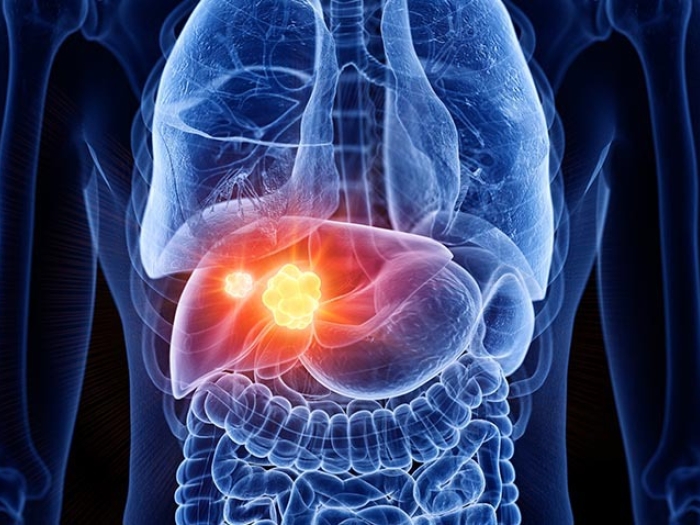
Health Lab
The liver siphons critical immune cells to render immunotherapy ineffective; radiation to the liver may block this process.
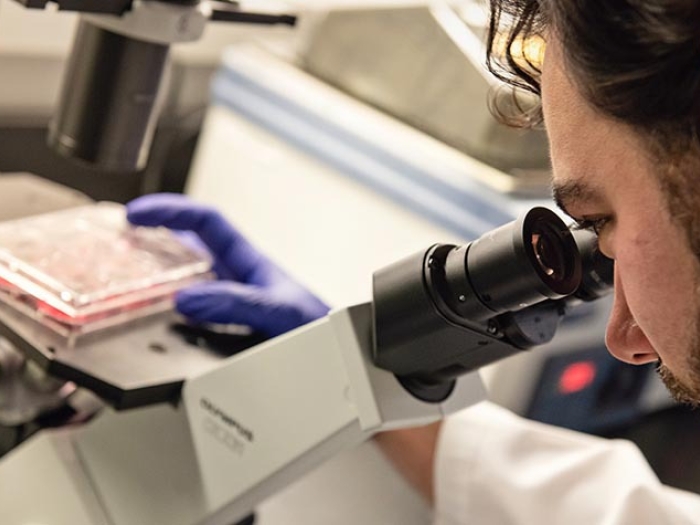
Health Lab
Clinical trials underway are testing whether drugs that target the androgen receptor – successful in controlling prostate cancer – could also work against the coronavirus.
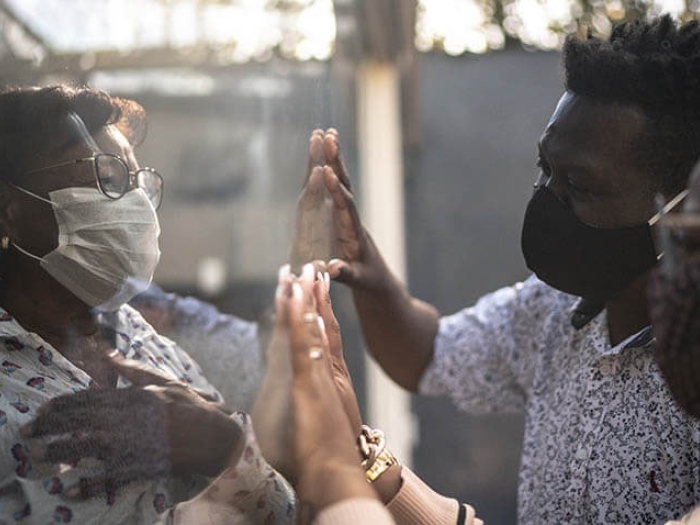
Health Lab
With a vaccine on the horizon, it’s more important than ever to protect those at risk of severe illness. Who do you protect?
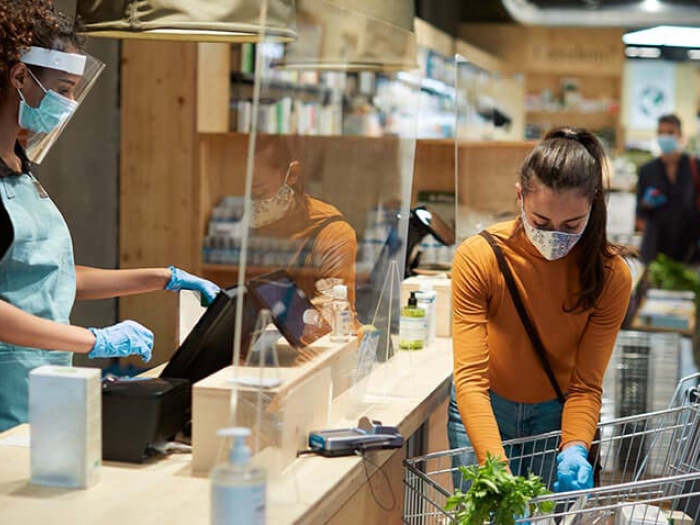
Health Lab
New research suggests the thought of being a protector overrides desire for personal freedoms when it comes to COVID-safety messages.
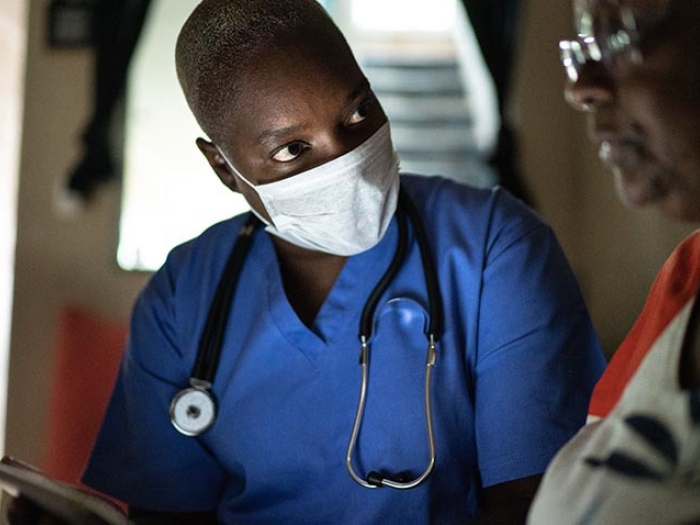
Health Lab
Implementing policies and strategies to eliminate racial disparities could improve outcomes for both diseases.
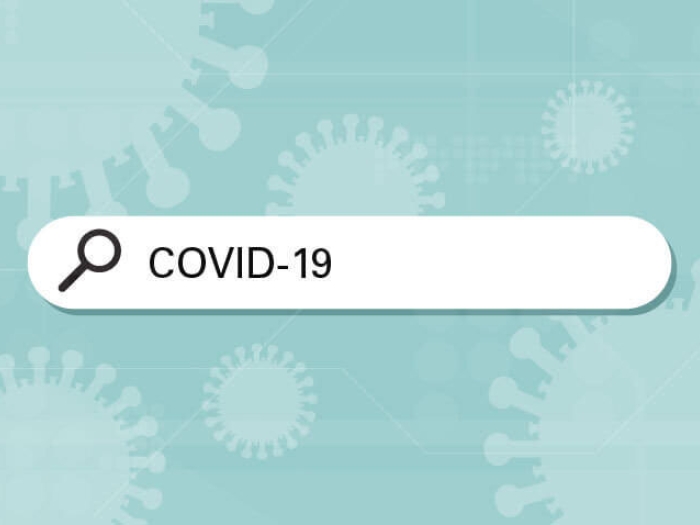
Health Lab
CDC guidelines, testing, community spread; finding trustworthy information online during the COVID-19 pandemic is vital. A new, free course is helping people find the facts they need about coronavirus.
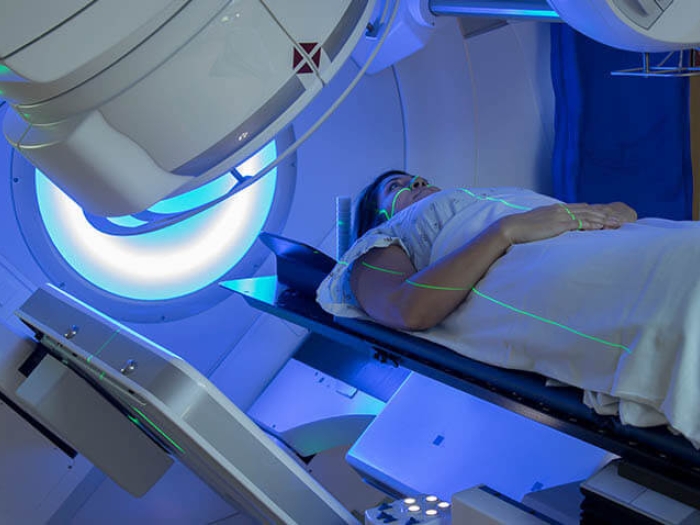
Health Lab
A new study finds that significant side effects were under-recognized in both younger patients and Black patients being treated for breast cancer.